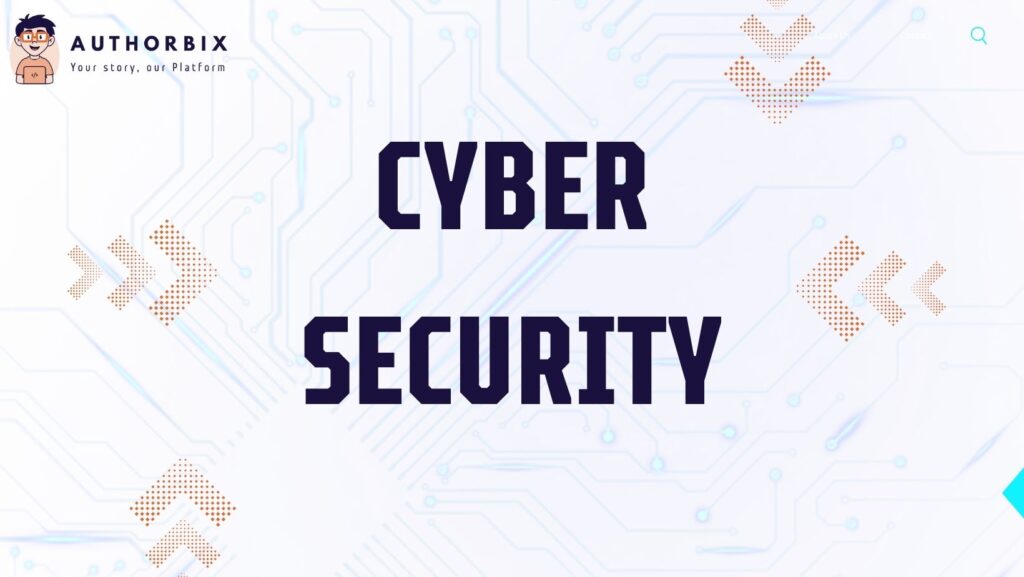The Importance of Cyber Security in Today’s Digital World

In our increasingly connected world, cyber security has become more important than ever. With the rise of cyber attacks and data breaches, protecting sensitive information has become a top priority for individuals, businesses, and governments alike. In this blog post, we will discuss the importance of cyber security, common cyber threats, and best practices for staying safe online.
Table of Contents
ToggleWhat is Cyber Security?
Cyber security is the practice of protecting computers, servers, mobile devices, electronic systems, networks, and data from malicious attacks. These attacks are usually aimed at accessing, changing, or destroying sensitive information; extorting money from users; or interrupting normal business processes.
Why is Cyber Security Important?
- Protection of Sensitive Information: Cyber security helps protect sensitive information such as personal data, financial information, and intellectual property from falling into the wrong hands.
- Prevention of Cyber Attacks: Cyber attacks can lead to financial losses, reputational damage, and legal implications. Implementing strong cyber security measures can help prevent these attacks from occurring.
- Safeguarding of Infrastructure: Cyber attacks can disrupt critical infrastructure such as power grids, transportation systems, and communication networks. Cyber security helps safeguard these systems from malicious attacks.
- Protection of Privacy: Cyber security helps protect the privacy of individuals by ensuring that their personal information remains secure and confidential.
- Compliance with Regulations: Many industries are subject to regulations that require them to protect sensitive information. Cyber security helps ensure compliance with these regulations.
Quick Read: Edge Computing vs. Fog Computing: Advantages & Disadvantages
Common Cyber Threats
- Malware: Malware is malicious software that is designed to disrupt, damage, or gain unauthorized access to a computer system. Common types of malware include viruses, worms, Trojans, and ransomware.
- Phishing: Phishing is a cyber attack that involves tricking individuals into providing sensitive information such as passwords, credit card numbers, and social security numbers. Phishing attacks are often carried out via email or text messages.
- Man-in-the-Middle (MITM) Attacks: MITM attacks involve intercepting communication between two parties without their knowledge. This allows the attacker to eavesdrop on sensitive information such as passwords and financial information.
- Denial-of-Service (DoS) Attacks: DoS attacks are designed to overwhelm a computer system or network with traffic, making it unavailable to legitimate users. This can result in loss of service and financial losses.
- SQL Injection: SQL injection is a type of cyber attack that involves inserting malicious SQL code into a database query. This can be used to access, modify, or delete data from the database.
Best Practices for Cyber Security
- Use Strong Passwords: Use strong, unique passwords for all your accounts and change them regularly.
- Enable Two-Factor Authentication: Two-factor authentication adds an extra layer of security by requiring a second form of verification in addition to your password.
- Keep Software Up to Date: Keep your operating system, applications, and antivirus software up to date to protect against the latest threats.
- Be Wary of Phishing Attacks: Be cautious of emails, text messages, and phone calls that ask for sensitive information or seem suspicious.
- Back Up Your Data Regularly: Regularly back up your data to an external hard drive or cloud storage service to protect against data loss.
- Limit Access to Sensitive Information: Only give access to sensitive information to those who need it and ensure they are using secure methods to access it.
- Educate Yourself and Others: Stay informed about the latest cyber threats and educate others about best practices for staying safe online.
Conclusion
In conclusion, cyber security is of utmost importance in today’s digital world. By implementing strong cyber security measures and staying vigilant against cyber threats, individuals, businesses, and governments can protect themselves against the devastating effects of cyber attacks. Remember, it’s better to be safe than sorry when it comes to cyber security.

Promotional vs. Transactional SMS: The Texting Guide

5 Best Music Festivals In The World: Must-See Music festival

JEE Main & Advanced: Two Pillars of Engineering in 2024

The Importance of Cyber Security in Today's Digital World

Promotional vs. Transactional SMS: The Texting Guide

5 Best Music Festivals In The World: Must-See Music festival

JEE Main & Advanced: Two Pillars of Engineering in 2024







